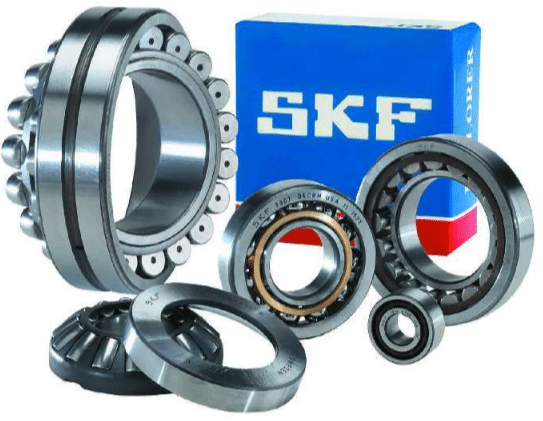
Introduction:
Energy efficiency is a critical consideration in modern industrial applications, as it directly impacts operating costs and environmental sustainability. TIMKEN and SKF are well-established bearing manufacturers known for their engineering excellence. This article aims to conduct a comprehensive comparison of the energy efficiency of TIMKEN bearings and SKF bearings. By evaluating their design features, friction-reducing technologies, lubrication options, and real-world performance in energy-sensitive applications, we will determine which brand provides more energy-efficient solutions.
Design Features:
a. TIMKEN Bearings:
TIMKEN’s bearing design emphasizes minimizing internal friction and optimizing load distribution, reducing energy losses during operation.
b. SKF Bearings:
Similarly, SKF’s bearing design focuses on reducing friction and ensuring efficient load distribution, contributing to overall energy savings.
Friction-Reducing Technologies:
a. TIMKEN Bearings:
TIMKEN employs advanced technologies, such as precision engineering and surface finishing, to reduce friction between rolling elements, raceways, and cages.
b. SKF Bearings:
SKF also utilizes cutting-edge technologies, such as advanced surface treatments and optimized contact angles, to minimize friction and energy losses within their bearings.
Lubrication Options:
a. TIMKEN Bearings:
TIMKEN offers a range of high-performance lubricants with low friction properties, ensuring smooth operation and reduced energy consumption.
b. SKF Bearings:
Similarly, SKF provides a wide selection of energy-efficient lubricants tailored to specific applications, reducing friction and enhancing overall energy efficiency.
Real-World Performance:
a. TIMKEN Bearings:
TIMKEN bearings have demonstrated energy-efficient performance in various industries, including automotive, wind energy, and industrial machinery, where energy savings are crucial.
b. SKF Bearings:
Likewise, SKF bearings have proven their energy efficiency in real-world applications, such as electric motors, pumps, and compressors, where energy consumption directly impacts operational costs.
Specialized Bearings for Energy Efficiency:
a. TIMKEN Bearings:
TIMKEN offers specialized bearings, such as hybrid bearings with ceramic rolling elements, which further reduce friction and contribute to energy savings.
b. SKF Bearings:
Similarly, SKF provides specialty bearings, including hybrid bearings and bearings with low-friction seals, designed to improve energy efficiency in specific applications.
Conclusion:
In conclusion, both TIMKEN and SKF offer high-quality bearings with excellent energy efficiency. TIMKEN’s focus on friction reduction, optimized load distribution, and energy-efficient lubrication contribute to their bearings’ superior energy-saving capabilities. Similarly, SKF’s advanced technologies, friction-reducing solutions, and specialized bearings ensure their products provide energy-efficient solutions to meet industry demands.
The selection between TIMKEN and SKF bearings for energy efficiency will depend on specific application requirements, operating conditions, and the desired level of energy savings. Consulting with bearing experts, evaluating real-world performance data, and considering customer feedback will empower users to make informed decisions, ensuring optimal machinery performance, reduced energy consumption, and enhanced environmental sustainability across various industries.


